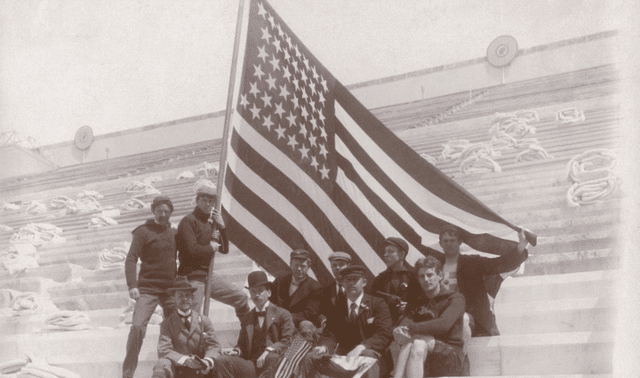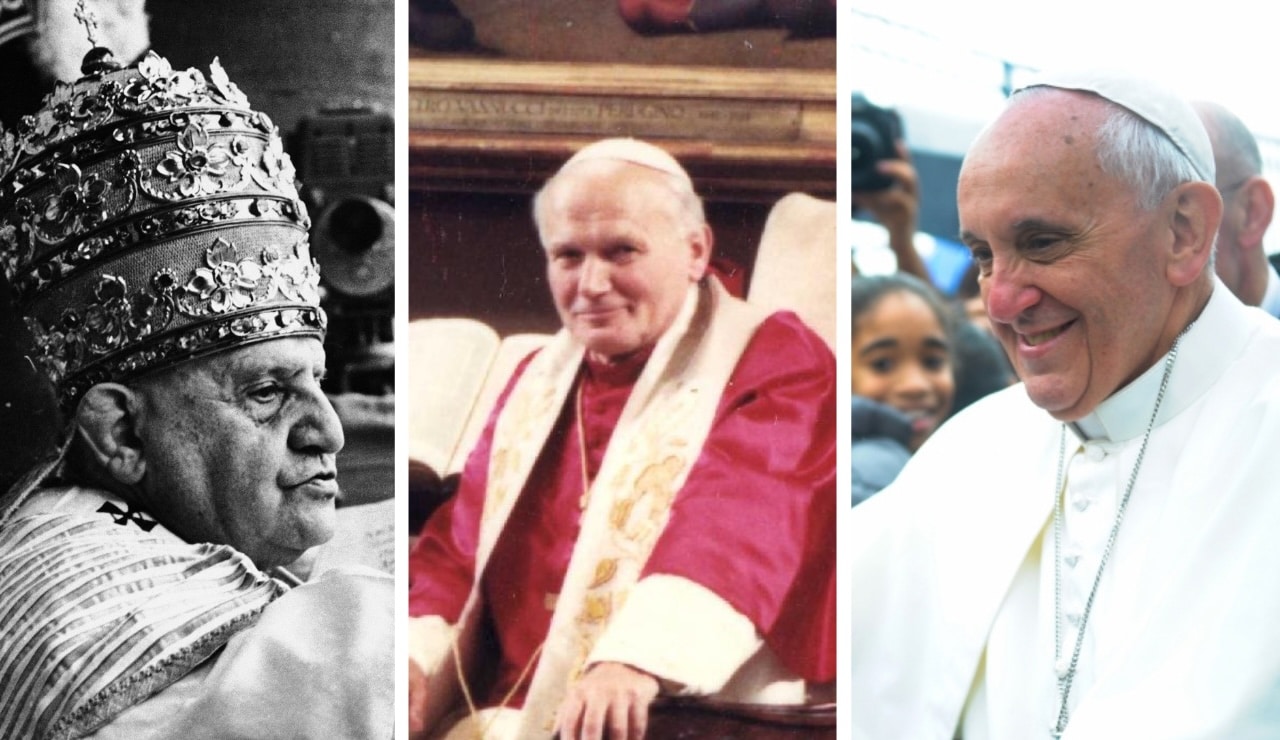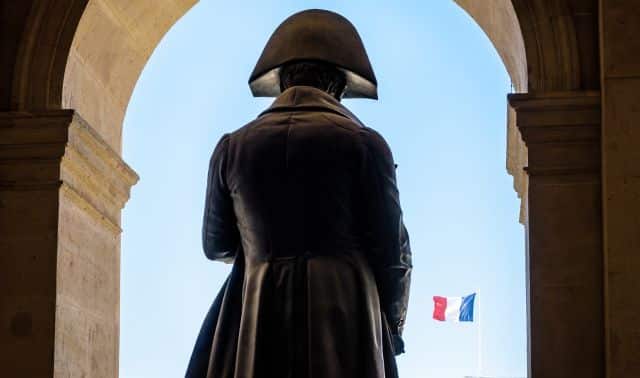From Adam down, all men have said to all women: “House-keeping is your sphere. In that you are most admirable. Literature, art, science, these are all beyond you. Stay in your own sphere and we will worship you, we will adore you: therein you are angels. Out of it you are a misery and a detestation: if you go out of it we will abhor you, we will shun you, we will have none of you.” And women like to please men, you know!
» Lucinda Chandler, “Enlightened Motherhood,” 1873
They have been brave enough to elect to walk through life alone, when some man has asked them in marriage, whom they could not love; with white lips they have said “no,” while their hearts have said “yes,” because duty demanded of them the sacrifice of their own happiness. Their lives have been stepping stones for the advancement of younger sisters.
» Mary Livermore, “Superfluous Women,” 1875
Female ancestors can be difficult to trace. They changed surnames at marriage and they had few legal rights, so you might not find documents such as land records, wills or military records.
Club documents are often-overlooked records for women. Whether or not your female ancestor was a feminist, she might’ve joined a local women’s club, literary society, church organization or charity group. Finding these organizations and their records might be easier than you think. Check old newspapers for meeting notices and recaps, and city directories for society listings (which may include names of board members).




